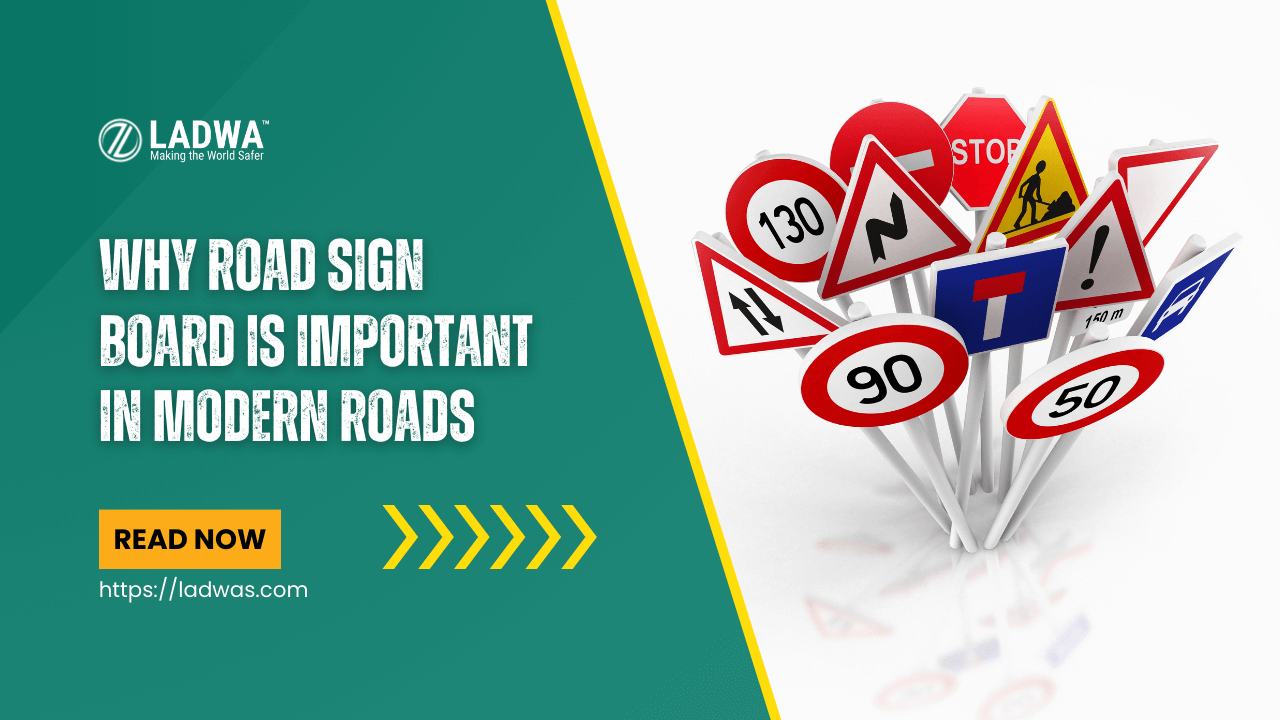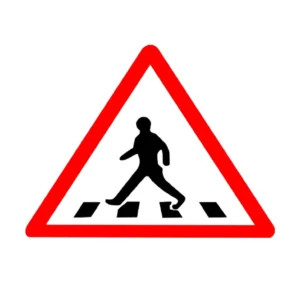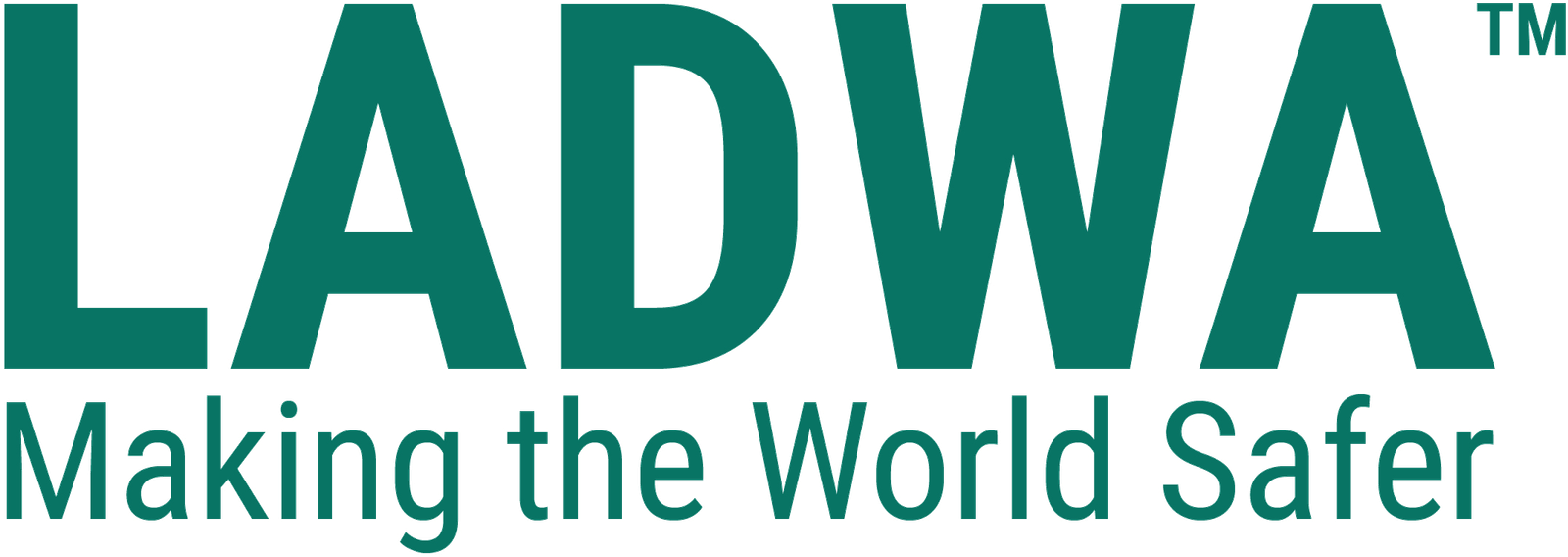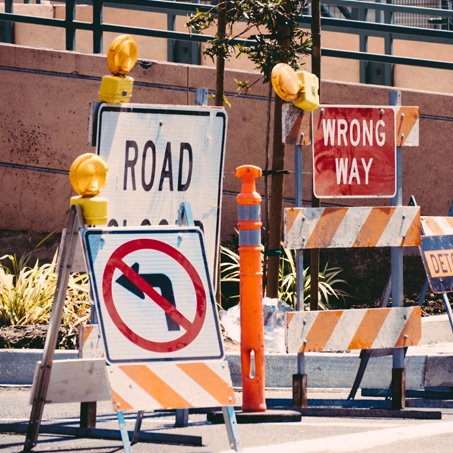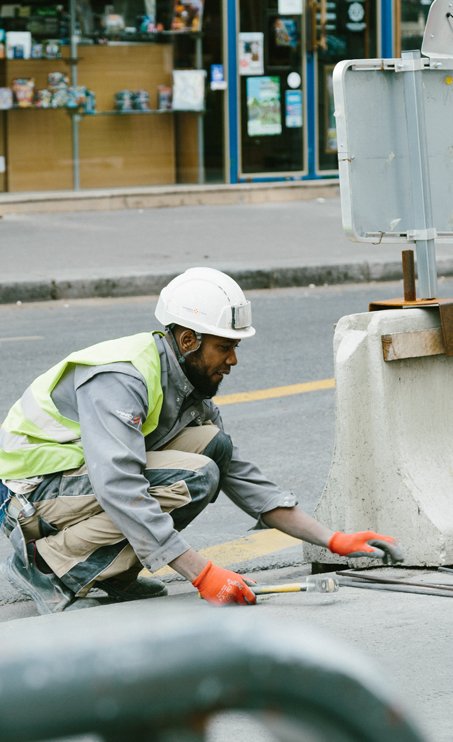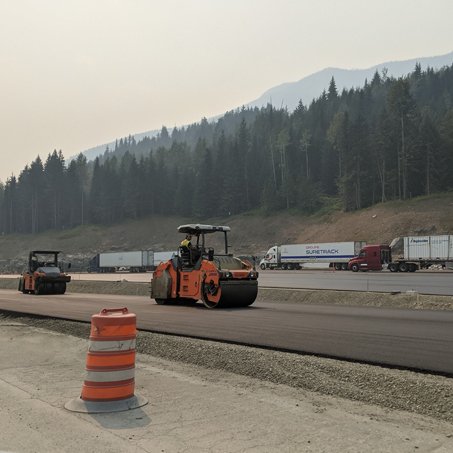Introduction
In our rapidly advancing world, the significance of road safety cannot be overstated. A study conducted by IIT Delhi shows that proper placement of road signs can reduce road accidents by up to 50%. As roads become increasingly crowded, the need for effective navigation and communication has become more critical than ever.
Road signs are crucial for safety, conveying traffic rules, warning of dangers, and guiding drivers. They ensure consistency on roads, reducing the risk of accidents. These signs also enhance pedestrian safety, provide emergency information, and support public awareness. Reflectivity ensures visibility in various conditions, making road signs essential for safe transportation.
Today, we’ll explore the important role of road signs—looking at their history, functions, and the tech keeping roads safe.
What is a Road Sign board?
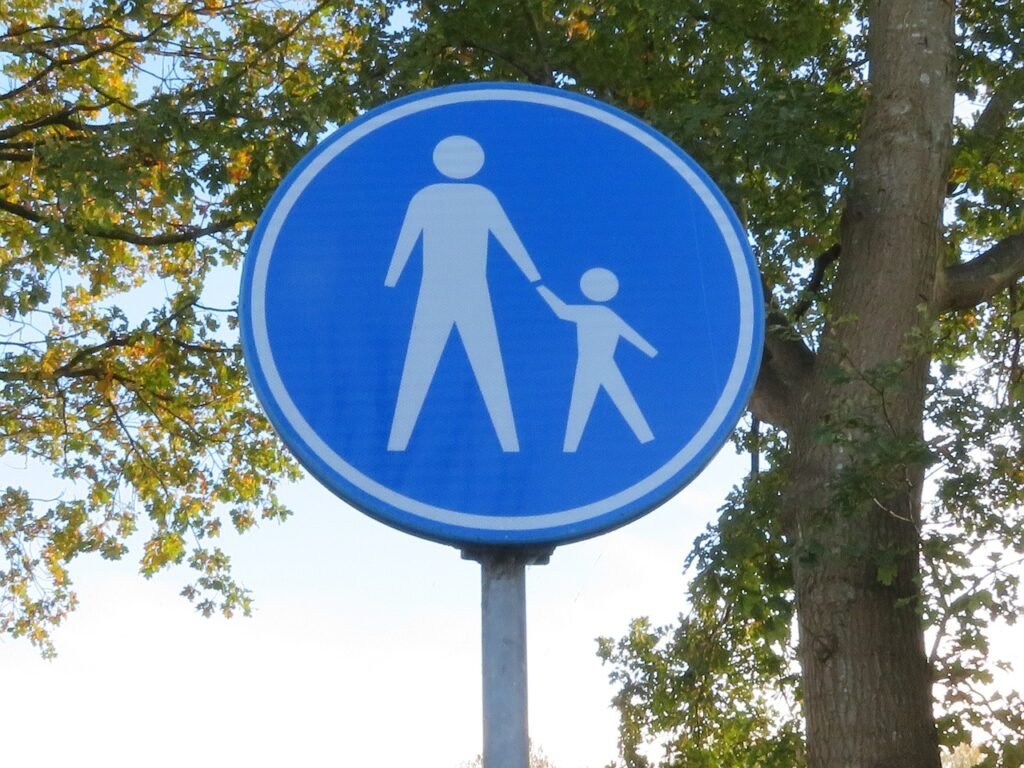
Historically, road signs began as city milestones, providing distance and direction. Romans used stone columns across their empire to mark distances to Rome. In the Middle Ages, intersection signs gave directions to cities. Later, pictorial signs standardized for international travel evolved in Europe and spread globally.
Currently, India explores smart signage in cities. Beyond showing directions, these signs warn about real-time traffic congestion with automated signals, enhancing road safety and efficiency.
The 1968 Vienna Convention set global standards. Innovations like reflective materials and electronic signs improved visibility. The 21st century brought smart signage and Intelligent Transportation Systems, revolutionizing road sign development.
In India, the Ministry of Road Transport and Highways (MoRTH) and the Indian Road Congress (IRC) set road sign standards. The Traffic Signs and Signals Manual is the guide, ensuring consistent design, placement, and maintenance nationwide. It covers crucial signs for safety, like stop and speed limit signs, warning signs for hazards, and guide signs for directions. Standards consider diverse road conditions, focusing not just on how signs look but also where they should be placed.
What Are the Functions of Road Sign Boards

Communication and Direction:
Road sign boards are vital for communicating traffic rules, warnings, and essential instructions to drivers. Directional signs guide drivers by showing routes, distances, and key locations, ensuring a safer and organized driving experience, especially in unfamiliar areas.
Traffic Control and Management:
Road sign boards significantly impact traffic control, guiding drivers on rules like speed limits and one-way streets. Adherence to these signs fosters smooth traffic flow, prevents congestion, and minimizes accident risks, contributing to efficient traffic management.
Pedestrian Safety:
Road sign boards ensure pedestrian safety by alerting drivers with crosswalk and school zone signs. This promotes safe interactions between vehicles and pedestrians, creating a safer environment and reducing the risk of accidents for those on foot.
Technology and Innovation in Road Signage
Reflective Signage:
Reflective materials in road sign boards significantly enhance visibility and safety. This technology ensures clear visibility, especially during low-light conditions like nighttime. By making warnings and directional cues visible, it reduces the risk of accidents, promoting safer journeys even in challenging lighting conditions.
Smart Signage Systems:
The evolution of road signage goes beyond traditional materials, embracing modern technologies like smart signboards. These intelligent systems leverage technology for real-time updates and information dissemination. Through sensors and connectivity, smart signboards can provide essential information to drivers, such as traffic conditions, weather alerts, and road closures. This real-time adaptability enhances the effectiveness of road signage. The integration of technology not only improves the accuracy of information but also contributes to a more responsive and efficient traffic management system. In many cities in India the government has been exploring these options including Chennai, Delhi, Bangalore and Pune.
Ladwa: Your Partner in Reflective Road Sign Board
Ladwa stands as your premier destination for cutting-edge Road Sign Board solutions, seamlessly combining safety with sophistication. We pride ourselves on setting new standards with precision and innovation, crafting signs that guarantee durability and optimal visibility. Opt for Ladwa, and you’re choosing reliability and refined elegance in road signage. Explore our collection for superior, dependable road solutions.
Traffic Road Signs:
Ladwa specializes in crafting traffic road signs like stop, yield, and speed limit signs. Equipped with reflective grades for optimal day and night visibility, these signs enhance safety and prevent accidents. Built to IRC standards, these weather-resistant, eye-catching signs comply with the Motor Vehicle Act 1998. Made of rust-free aluminum and pasted with micro prismatic for enhanced visibility, they withstand any weather condition.
Warning Road Signs:
Ladwa excels in providing warning road signs for hazardous areas. These include construction zone signs, curve warning signs, men at work, cattle crossing and more. The incorporation of reflective technology ensures these warning signs are easily discernible, even in challenging conditions, thereby minimizing potential risks and creating a safer driving environment.
Ladwa is dedicated to providing top-tier road sign board solutions. Through rigorous testing, each product meets stringent safety standards, emphasizing our commitment to reliability and durability. This dedication underscores our mission to enhance road safety and contribute to a secure transportation infrastructure. Opt for Ladwa as your trusted partner for reflective road sign boards, where a commitment to quality and safety takes precedence
Compliance with Traffic Regulations
Adhering to both national and international traffic sign standards is crucial for a safe transportation system. Organizations like the Indian Road Congress (IRC) set national standards in India, ensuring uniformity in signage and clear communication of traffic rules. International standards, as per the Vienna Convention, promote a global harmonized approach, crucial for cross-border travel. Compliance enhances predictability for road users and fosters a shared understanding of traffic signage meanings.
The use of reflective sign boards on road is not just a matter of best practice but often a legal requirement. Non-compliance with these standards may have serious legal implications. Regulatory bodies, such as the Ministry of Road Transport and Highways (MoRTH) in India, may enforce penalties for not using reflective signage, given its critical role in ensuring visibility and safety. Legal consequences may include fines or other punitive measures. Using reflective sign boards in road not only aligns with traffic regulations but also safeguards road users, mitigating potential accidents and contributing to overall road safety. Compliance is not just a legal obligation but a fundamental responsibility in creating a secure and efficient road network.
Road Sign Board in Urban Planning
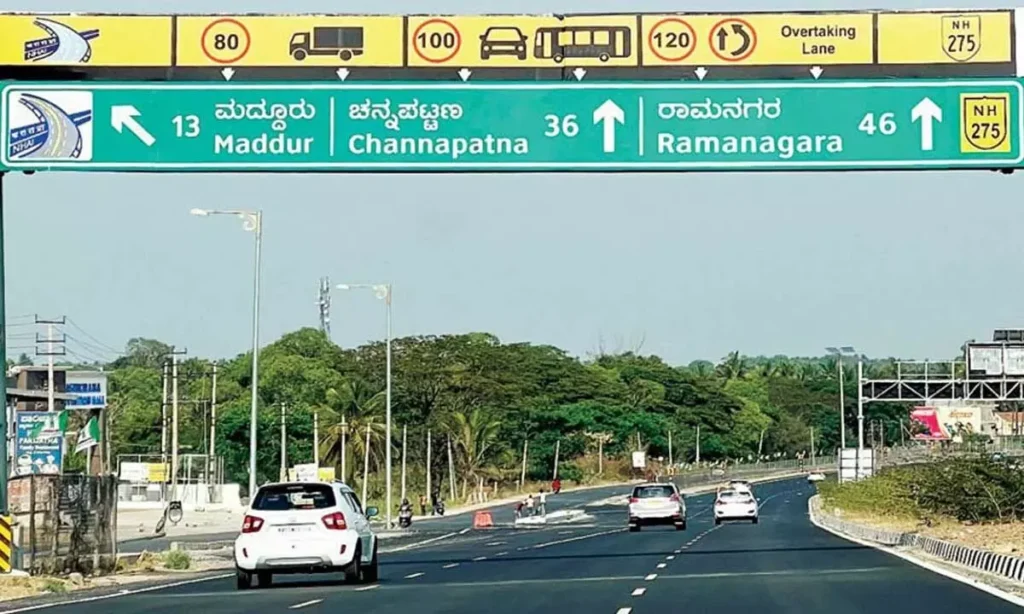
Road sign boards play a pivotal role in shaping city infrastructure and development within urban planning. They serve as essential components in guiding traffic, ensuring safety, and providing crucial information to both motorists and pedestrians. Proper placement of road signs enhances the overall functionality of road networks, contributing to the efficiency and organization of urban transportation. In city planning, road sign boards are strategic tools for managing traffic flow, mitigating congestion, and promoting a well-organized and accessible urban environment.
In India, various cities have successfully implemented road signboards as integral components of urban planning to enhance traffic management and road safety. Cities like Delhi, Mumbai, Bengaluru, Chennai, and Hyderabad have undertaken initiatives to install a range of safety road signs, including traffic signal signs for efficient intersection control, speed limit signs to ensure safe driving speeds, and pedestrian crossing signs to prioritize pedestrian safety. Successful implementation involves strategic placement, clear visibility, and adherence to national standards. These efforts contribute to smoother traffic flow, reduced accidents, and improved overall road safety in urban environments across the country.
Case Studies and Success Stories
In India, road signage has significantly improved road safety by addressing specific challenges. Clear speed limit signs on city roads and highways manage speeds efficiently with important signs on the road, especially in areas with high pedestrian activity. Pedestrian crossing signs near schools and busy intersections have heightened driver awareness, reducing accidents involving pedestrians. Well-placed traffic signal signs and functional lights have streamlined traffic, minimizing collisions. Warning signs for curves and railroad crossings guide drivers, preventing accidents due to unexpected road conditions. Lane use control and directional signs contribute to organized traffic flow, fostering a safer driving environment.
Ladwa, a trailblazer in Road Traffic Safety, started with a landmark order from Hyderabad Police, expanding into a leading provider of road safety solutions in India. With a cutting-edge manufacturing unit in Bangalore, Ladwa excelled in producing Retro Reflective signages. Their clientele boasts major infrastructure players like L&T, GMR, and government institutions such as Railways and National Highways. Venturing into IT and real estate, Ladwa served top names like Infosys, DLF, and Embassy Tech Parks, delivering premier parking management solutions. Their impact extends to SEZs, tech parks, and residential projects, leaving an enduring mark on safety standards.
Conclusion
In conclusion, road sign-boards stand as silent guardians of road safety in our fast paced world. From historical milestones to cutting edge smart signage, their evolution mirrors a commitment to safeguarding lives on the road. Compliance with traffic regulation is not just a legal requirement but a shared responsibility in creating a safe road network. Through success stories and case studies, it is evident that road sign boards, led by pioneers like Ladwa, continue to pave the way for safer and more reliable journeys on our modern roads.

